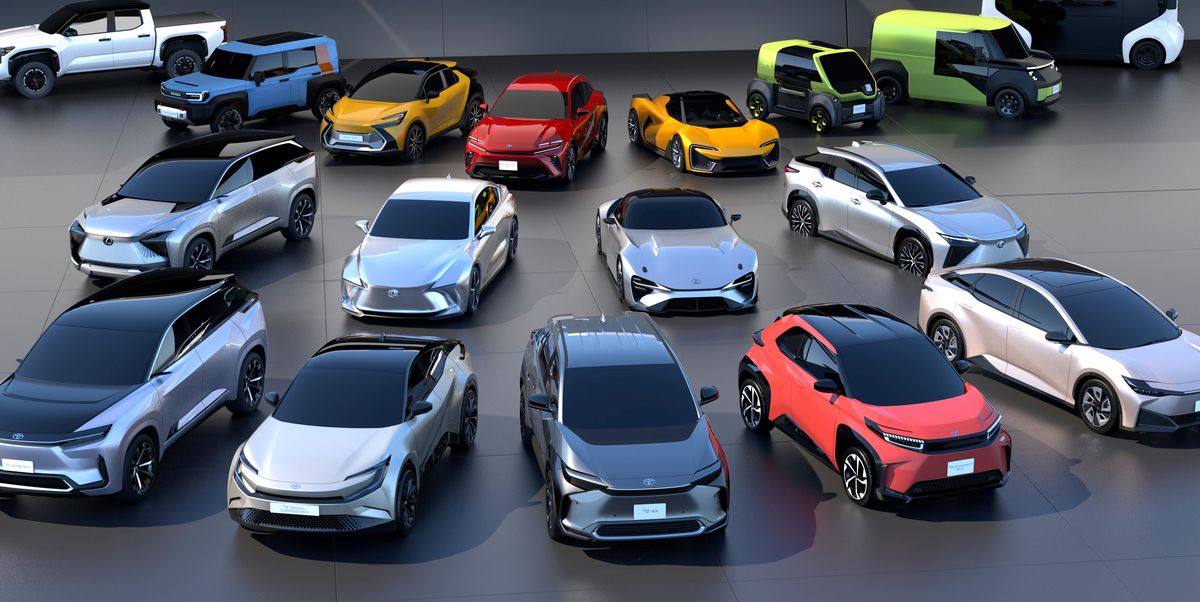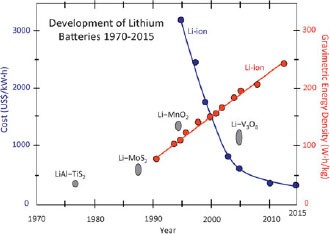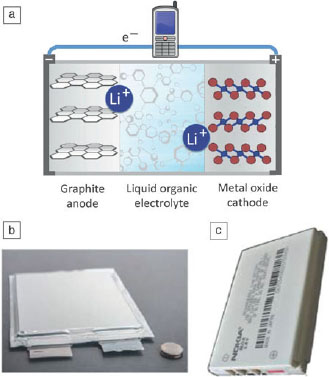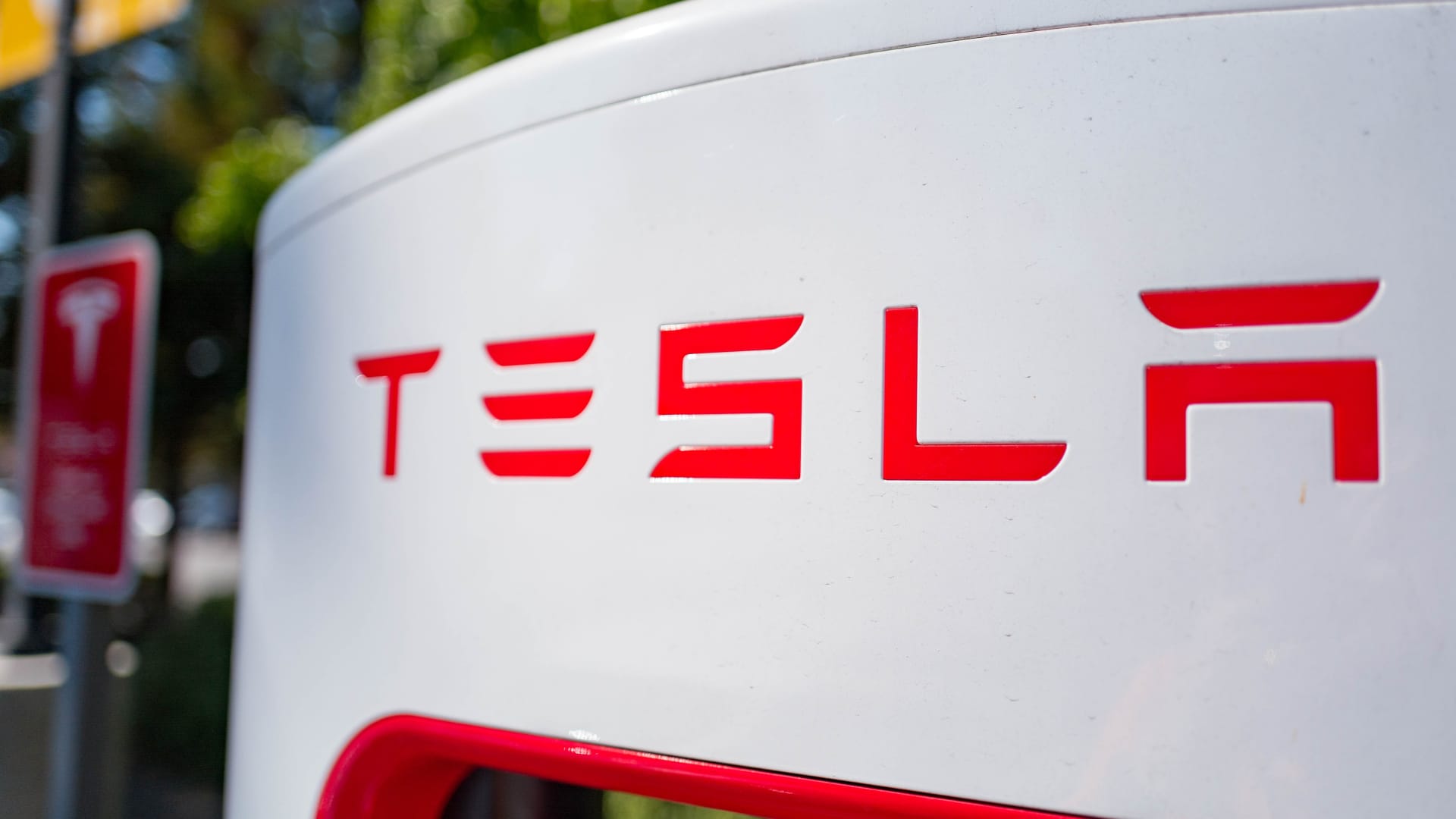The problem, as with most things, is one of $: (1) Li-ion batteries are really, really good at what they do for what they cost to make (2) alternatives and/or improvements to Li-ion are really, really expensive. All those breakthroughs you keep reading about? They're happening in university laboratories which, by their very nature, have no concern for whether the research they're doing could ever be commercially viable - hence the vast majority of those breakthroughs aren't ever going to make it into products we can buy. Even if they do make it out of the lab, there are so many other factors (safety being a prime one) that control whether a new battery tech can ever succeed.
A lot of these "breakthroughs" are also just theoretical applications of research to existing technology. Nanotech or graphene will make batteries better... they will also make pretty much ANYTHING they're applied to better. But the cost and feasibility of those techs simply isn't there.
On the topic of safety, please can we drop the hysteria about Li-ion batteries being "unsafe"? By the same argument, gasoline is unsafe because it can be lit on fire, yet somehow nobody has a problem riding around in vehicles carrying massive tanks of the stuff. Gasoline is completely safe if you treat it with the appropriate care, and so are Li-ion batteries.
Yes, you should contact your local council regarding disposal of used batteries (of all types).
Some will even pick these up as part of ordinary refuse collection, but if not you can also find battery drop-off points at many big stores (e.g.
Tesco - scroll down to "Recycling your batteries").
Not really. The groundwork research into Li-ion batteries was performed in the 1970s, but it was only in 1985 that the first prototype was produced, and another 6 years until a commercially viable model finally emerged. Which is why it amuses me so much when people complain that battery tech advances so slowly... the internal combustion engine has been around for over TWO CENTURIES and yet scientists are still finding ways to squeeze more distance out a tank, or produce less pollutants, or...








